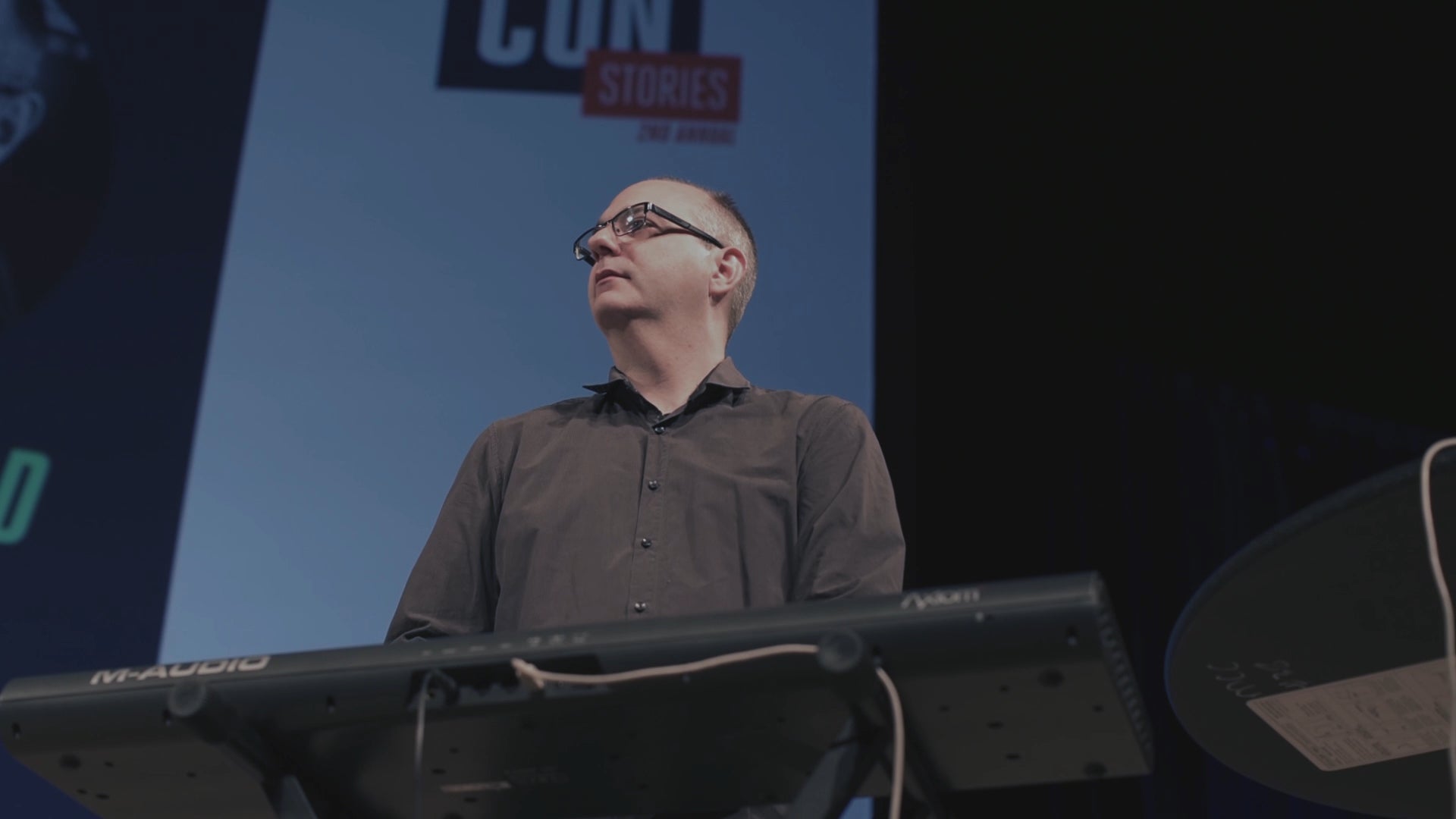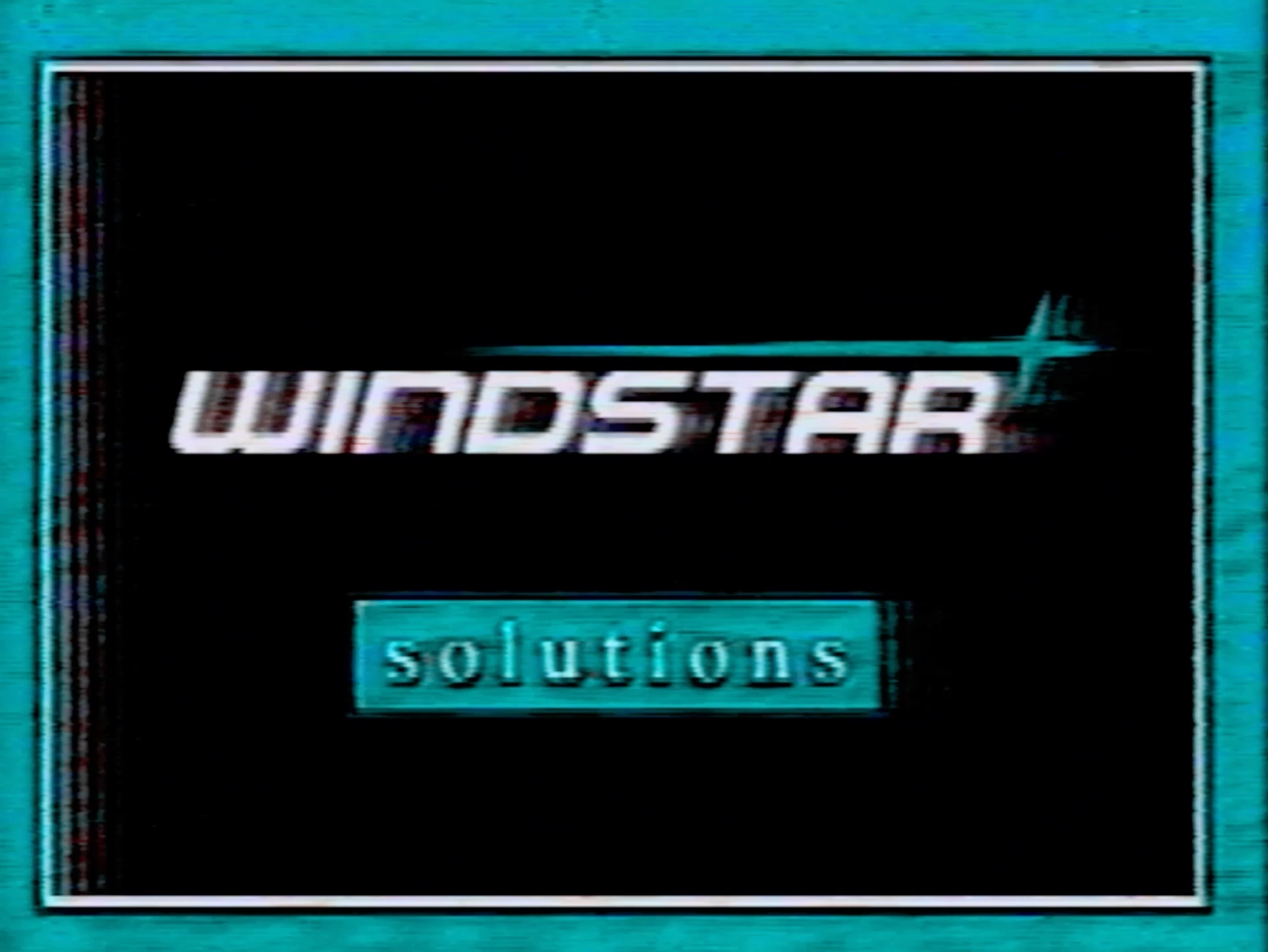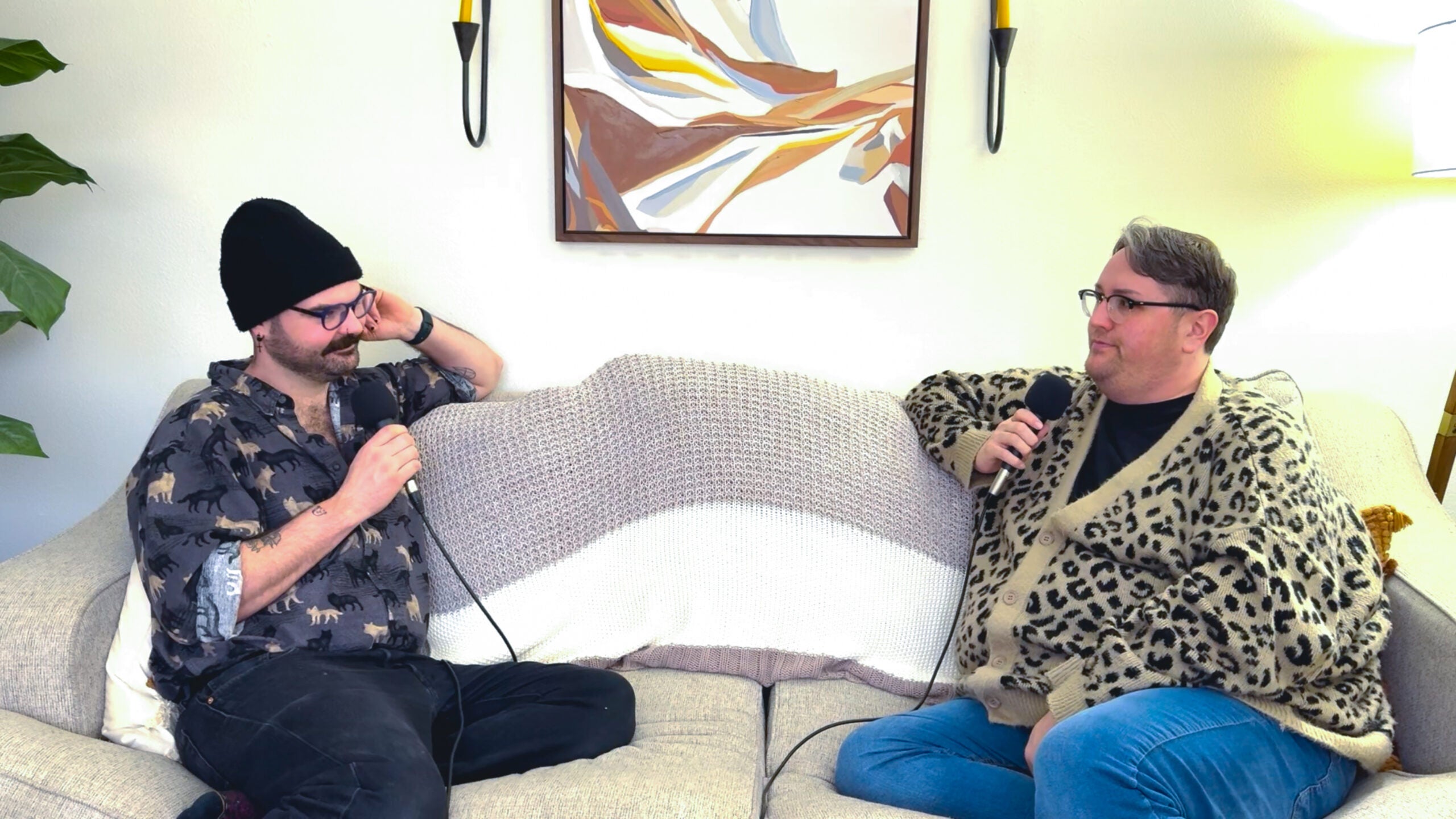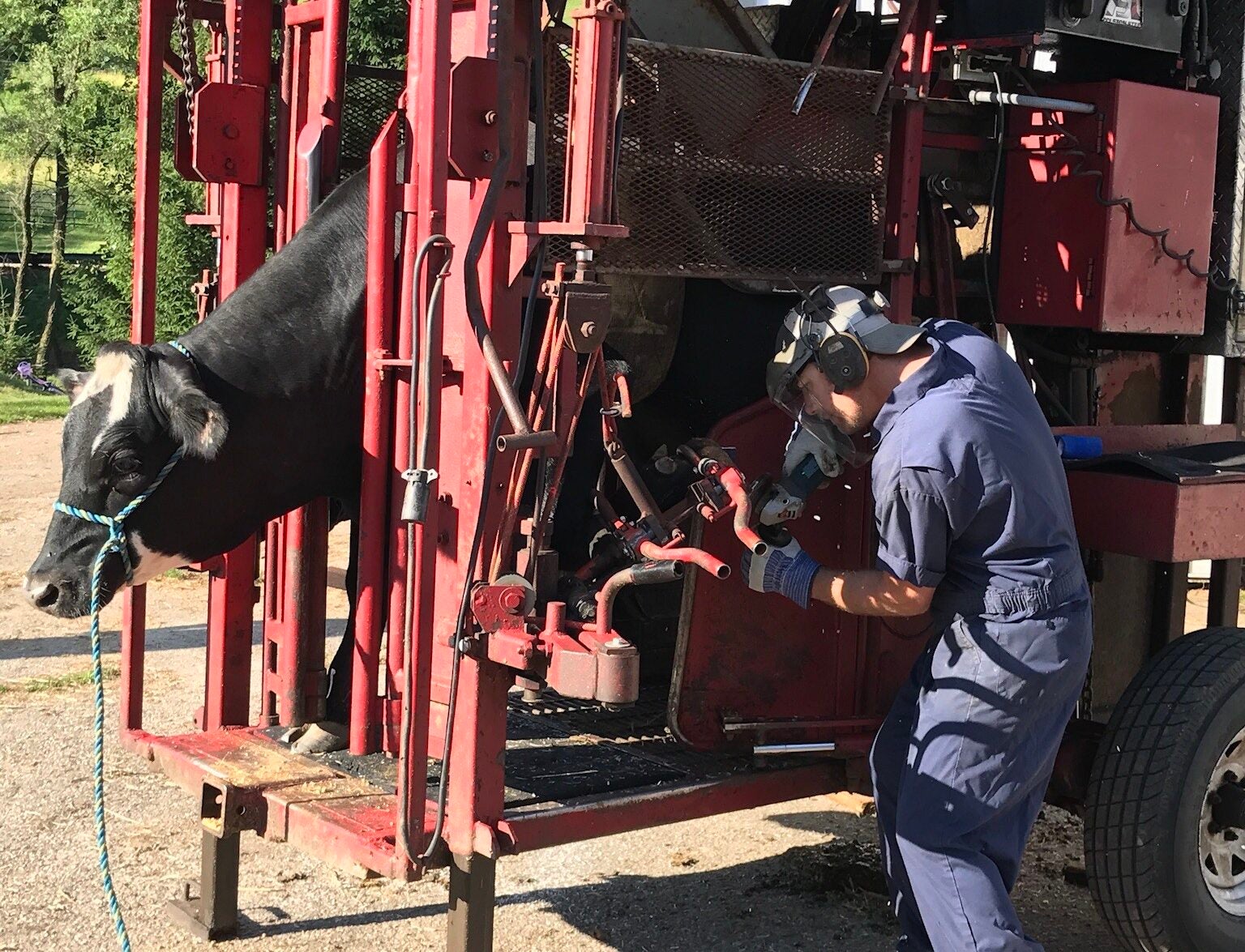Many social media users who spend their time scrolling through videos on TikTok, Instagram or YouTube have likely heard the song “Monkeys Spinning Monkeys” at some point.
Since it was released more than 10 years ago, it has followed video creators from one popular platform to the next.
It’s fun. It’s silly. It’s the soundtrack of millions of online videos. It was also written by composer and music producer Kevin MacLeod, who grew up in Wisconsin and still lives part of the year in Green Bay.
Stay informed on the latest news
Sign up for WPR’s email newsletter.
An article in The New York Times called him “arguably the most prolific composer you’ve never heard of.” He has written over 2,000 pieces of music. Since they’re all free to use, many of his songs are staples of the online video space. One song even appeared in the Oscar-nominated Martin Scorsese film, “Hugo.”
MacLeod’s main idea of success as an artist isn’t money or fame — it’s the sheer impact of his music.
“The job of a composer is to control other people’s emotions,” MacLeod said recently on WPR’s “Wisconsin Today.” “To do that expertly is a really cool challenge.”
His desire to target the emotions of as many people as possible is part of why MacLeod makes his music free for the public to use. He said copyright protections are just another barrier to spreading his music’s influence.
“I had a dream 20 years ago that people would just (realize) this is clearly the way to go,” MacLeod said. “You’re giving away the rights to it for the greater good and making things better.”
Kevin MacLeod talked with “Wisconsin Today” about his music-writing process and what lies in store for the music industry in the future.
The following interview has been edited for brevity and clarity.
Lee Rayburn: Why do you give your music away for free?
Kevin MacLeod: Music needs to do its job. Without an audience, there’s no job to be done. If you come to my website, and you have to give me your email address in order to get it, half the people are now gone. That’s half the opportunities I have to get the music out in the world. If you have to open an account, more than half the people are gone. If you have to give me a credit card, we’re getting into very rare territory here. So the freer you make it, the further it can go.
LR: If you give your music away for free, how are you making a living?
KM: I wish I knew. It changes every year. It used to be that I made a lot of money on ads on my website. That doesn’t work anymore. I made money on licensing, and that doesn’t work anymore. It’s like five different revenue streams. I think most of the money I make now comes from Europe and South America. I am not entirely sure.
LR: You talked about how you’re looking to control other people’s emotions, that it’s a problem-solving effort for you. And I could see to some degree how artificial intelligence might view music composition in the same way. How do you see AI playing a role in the future of music?
KM: I’m using it every day. I’ve been using it for years. And wow, does it make things fast. It is an excellent arranger right now. The audio quality is still a little lacking. But with a little work, you can get it up to release quality. A piece may have taken me four hours, and it can do the same thing in about six minutes now.
LR: What’s that process like from your end? Are you just putting in an emotion and letting the computer decide what that sounds like?
KM: I wish it was that good. I’ll have problems where it’s like, I have a really good trumpet (part), but I want it to be on the saxophone. But I don’t have saxophone software for it. So I can just feed that trumpet line to the AI and say, “I want this line, but in a tenor sax,” and then it’ll create it.
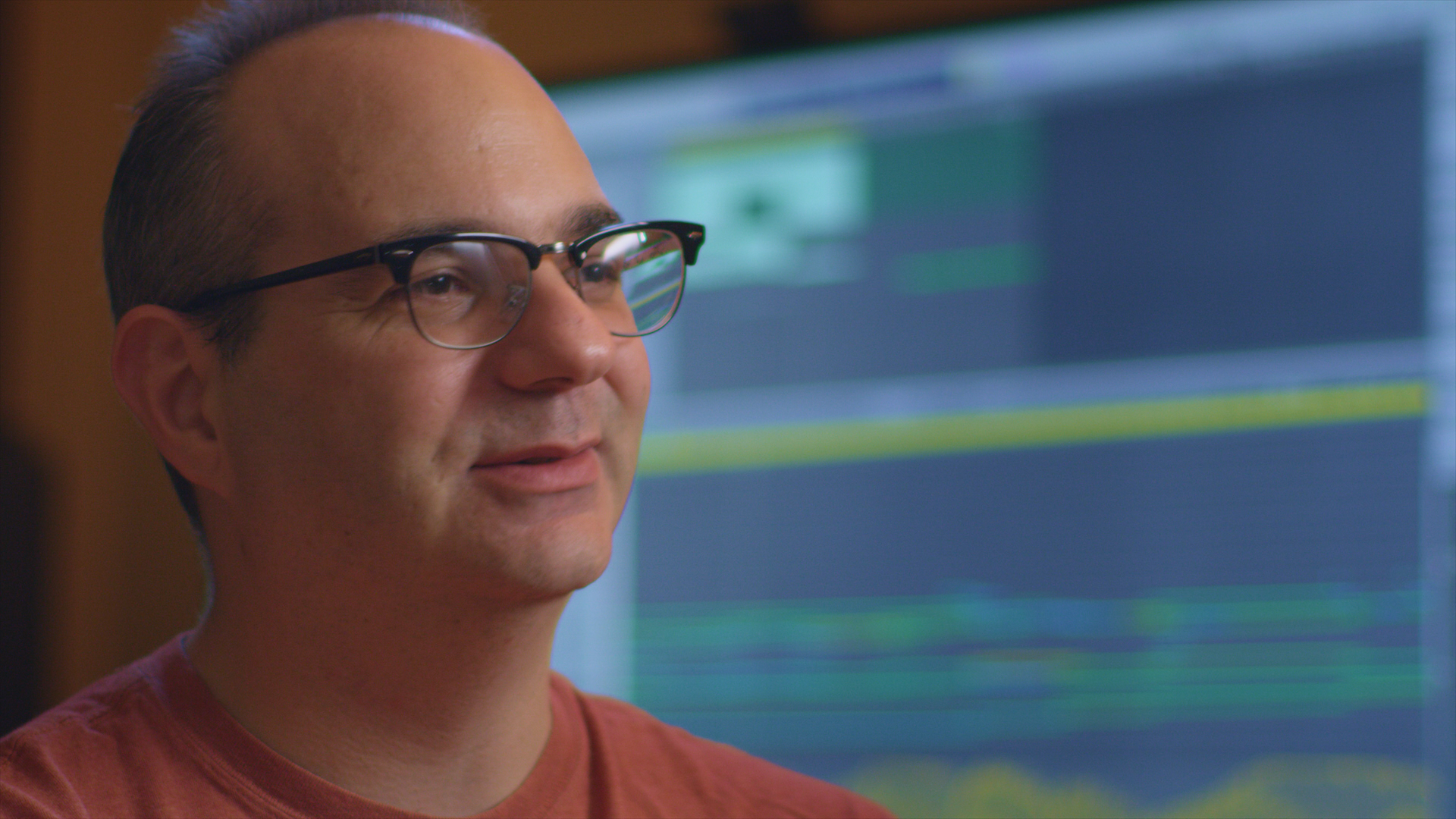
LR: Do you see AI encroaching on opportunities for artists?
KM: Yeah, absolutely. There’s no reason it couldn’t or wouldn’t.
LR: Is that problematic for the artistry of music composition?
KM: As long as we get really good entertainment, I do not care where it came from.
LR: So as long as the song works, as long as it provokes that emotion that it’s supposed to from other people, then it doesn’t matter where it came from?
KM: If it’s a banger, it’s a banger.
LR: What usually inspires you to compose a new song?
KM: It’s almost always: Somebody else screwed up. I’ll be watching a YouTube channel, and I’ll be thinking, “Man, this music could be better. I wish they would have used something that I wrote.” And then I’ll look through my catalog for something to recommend and (realize) I haven’t written anything like that. So, I guess it’s my job now. I’m just filling the holes musically, getting these emotions to work well with the narratives people are putting down.
LR: Where do you see the nexus of music and technology going? What’s on the horizon here?
KM: It’s going to be some of the best entertainment we have ever seen. I’ve been using new tools for 20 to 30 years. As soon as they come out, I integrate them to the level that I can. I’ve never seen anything this good. This is crazy, and I love all of it.
Eventually, a person’s going to have a three-minute video, and they’ll just go to the computer and say, “Make me appropriate music for this.” And it will.
LR: And then what will you do for a living?
KM: Oh, you know. Listen to live music, friends, lawn care — I’m big into lawn care. Solving other problems.
Explore more of Kevin MacLeod’s viral songs by scrolling through this playlist:
Wisconsin Public Radio, © Copyright 2025, Board of Regents of the University of Wisconsin System and Wisconsin Educational Communications Board.
